Drinking coffee won’t make the pain go away, but it could make it worse
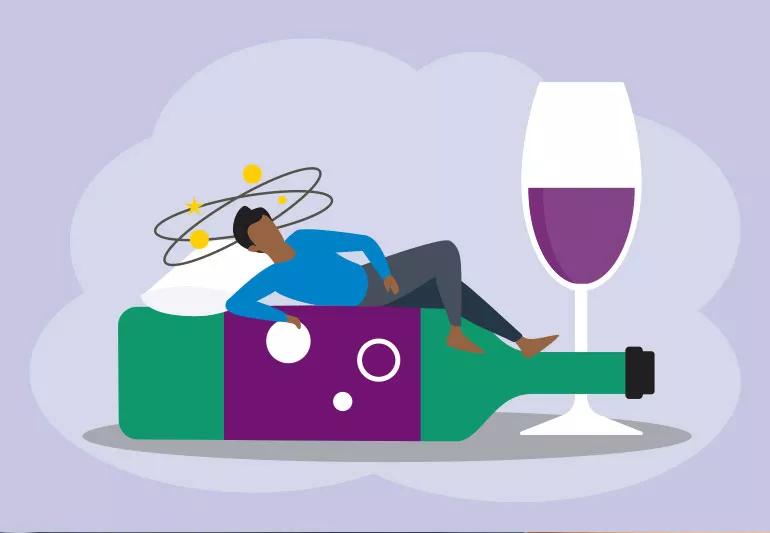
On any normal morning, you might automatically reach for a cup of coffee for a caffeine-packed boost. But after a night of … well, let’s just say overindulging in a few adult beverages … you probably feel like you really need that cup of joe.
Advertisement
Cleveland Clinic is a non-profit academic medical center. Advertising on our site helps support our mission. We do not endorse non-Cleveland Clinic products or services. Policy
But here’s the deal: That java juice might not be as helpful as you think in dulling the effects of a hangover — and it may actually make some of your symptoms worse.
Emergency medicine physician James Roach, DO, explains.
After a lively evening, alcohol has a tendency to leave its toxic fingerprints on your body. Whether your drink of choice is beer, wine or various spirits, your internal system has a way of letting you know if you overindulged.
A headache, nausea, dry mouth and fatigue — telltale signs of a hangover — all serve as part of alcohol’s morning-after residue.
There are multiple reasons for the icky feeling, but the main culprit is dehydration. Alcohol is a diuretic, which makes you pee more. The fluid you lose with every restroom visit pushes your body’s tank toward empty.
To add to the issue, alcohol consumption also slows the release of an antidiuretic hormone (vasopressin) that works to keep your body’s hydration levels balanced.
So, if you’re dehydrated, drinking coffee should help, right? Not exactly.
Coffee also is a diuretic that makes you urinate more — which means, it’s not going to be much help refilling your depleted reserves. (Coffee also can make you poop, too.) “Drinking coffee could actually slow down your rehydration process,” notes Dr. Roach.
Advertisement
The caffeine in coffee might not be kind to your hangover headache, as well. Caffeine narrows blood vessels and raises blood pressure, and that could amplify the painful pounding inside of your noggin.
Of course, if you’re used to getting a morning coffee fix and skip it, then you run the risk of a caffeine withdrawal headache. So, if coffee is part of your usual routine, you might want to have a small cup — but don’t overdo it, advises Dr. Roach.
Forget what you’ve seen in movies about sobering up quickly with a strong cup of java. It can’t undo a night of imbibing. “The drink is made from coffee beans, not magic beans,” says Dr. Roach.
Now the pick-me-up from the caffeine may offer a temporary energy boost and increase in alertness, but coffee has no ability to make you less drunk.
First of all, let’s get one thing clear: There is no sure-fire cure for a hangover. “There is no shortage of claims about miracle cures,” says Dr. Roach, “but they’re as real as a leprechaun riding a unicorn.”
So, what can you do? The most obvious way to halt a hangover is to simply not drink so much.
If you’re reading this article, however, it’s possible that closing your bar tab early is no longer a viable option. In that case, Dr. Roach recommends keeping it simple with water.
“Drink a glass before you go to bed and do the same thing when you get up,” he says.
Sports drinks also can help you hydrate, with the added bonus of restoring lost nutrients and electrolytes. But whatever you drink, take it slow: You can’t rehydrate in an instant by guzzling gallons.
Which brings us to the one thing that can make a hangover go away. “It’s just going to take time for your body to process the alcohol,” says Dr. Roach. “You’ll feel better eventually.”
Just don’t expect to find that better feeling at the bottom of a cup of coffee.
Advertisement
Learn more about our editorial process.
Advertisement

Heavy drinking can cause both short- and long-term effects, including erectile dysfunction, ejaculation issues and low libido
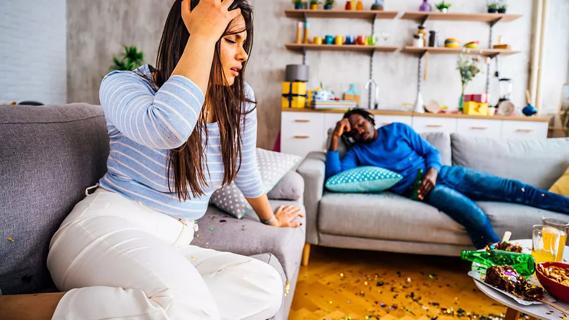
Misleading claims, lack of scientific evidence and the risk of over-doing it are all concerns
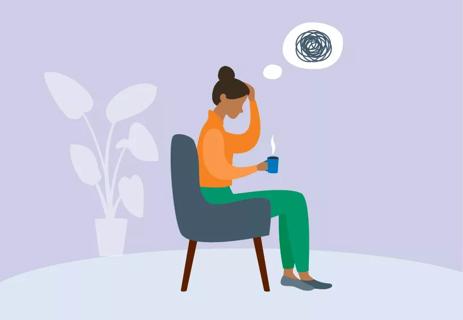
Time and rehydration are the best bet — and no, the ‘hair of the dog’ method isn’t a good idea

Hydrating and bland foods can help you survive the morning after
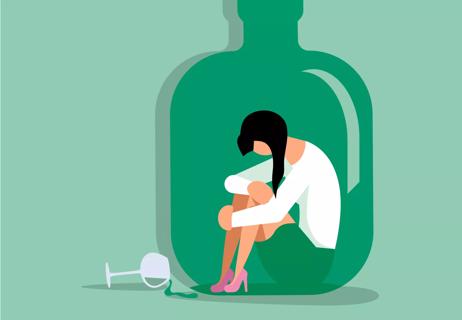
Take note of the signs of binge drinking and how to set limits for yourself
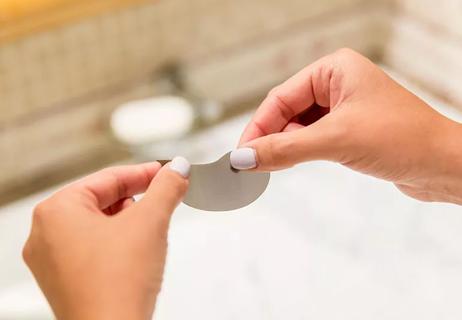
User testimonials aren’t exactly backed by scientific research

The caffeine and natural acids in coffee may trigger acid reflux, but there are ways to lessen the effects

Alcohol is a depressant and can interfere with your sleep, mood and more

The tropical fruit is a good source of antioxidants and vitamin C

Most people fall asleep within 10 to 20 minutes, but if your experience is different, adjusting your sleep schedule may help

Exploring your hidden side can lead to better understanding of what makes you tick